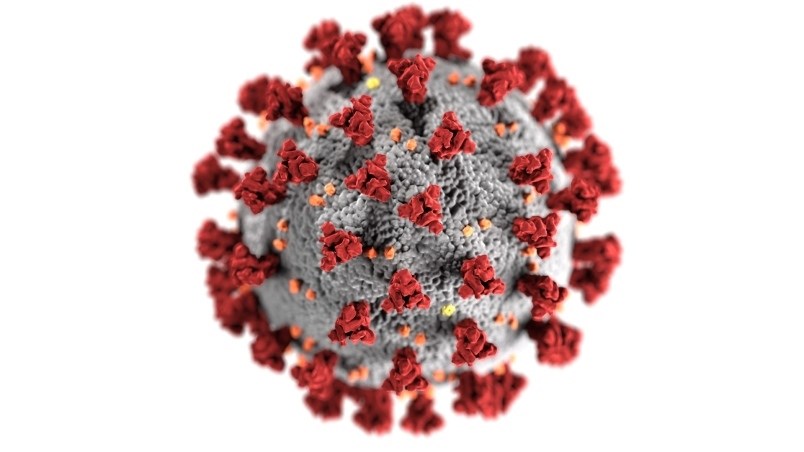The COVID-19 virus crisis is unparalleled in recent times. Arguably, not since the 1919 Spanish Influenza outbreak, have we seen a global epidemic of this magnitude. Governments and NGOs around the world, whether local, national, or international, have brought in drastic measures to stop the spread of the virus. Here in Canada, the federal government is spending unprecedented amounts of money to ensure that both the population and the economy can withstand the outbreak.
The changes in habits and routines has been rapid. The response nimble and ever changing. It is in times of great turmoil when great change is possible. While some say that all resources must be directed to the crisis at hand, I believe that some resources must also be spent planning for the aftermath. Surely a return to ‘normal’ can never be possible or even desired.
The federal and provincial governments are spending extraordinary amounts on keeping the economy stable and protecting workers affected by shutdowns, downturns, and lay-offs. With the government intervening so drastically in the economy, now is the time for the monumental shift necessary for the survival of our planet to be implemented.
Rather than more subsidies for the oil and gas sector, money should be invested in energy alternatives. Studies have shown Alberta, Saskatchewan and British Columbia’s economies can not only survive a shift away from fossil fuels, but actually thrive. Rather than sending workers into man-camps to continue building a pipeline not wanted or needed, those same workers could be transitioned to planting trees, cleaning up the toxic dumps of failed mines and mills, and trained for the new green economy.
Money could be spent building housing on federal, provincial, and locally owned lands for the tens of thousands of homeless and under-housed. A safe supply of drugs, now planned for the pandemic, should become a permanent healthcare solution to addiction. Poverty alleviation would become the hallmark of a new progressive society.
This is a time of crisis but also a time of opportunity. For the first time in living memory for some, blue skies can be seen over heavily industrialised cities throughout the world. Let us use this opportunity to change the way we manufacture. Let us use this as an opportunity to move away from carbon-based economies.
Our food systems and supply-chain have proven to be robust, but at what cost? As the pandemic slowly fades, as it will, let us invest in sustainable agricultural practices and build local food security. A global economy means strawberries in January and a dozen roses for less than twenty dollars, but it also means the exploitation of workers and an unsustainable agricultural system.
The ways of the past are no longer acceptable. Governments, whether local, provincial, or national must heed the call for real systemic change. What has started in a crisis can end in a meaningful transformation. It will take strong leadership and a real desire to build a better world. Let us not waste this opportunity.
Let us take this opportunity to build a new society based on hope and love. As Bruce Cockburn so beautifully wrote, ‘the trouble with normal is it always gets worse’. A return to the ways that put us here is not an option. This is a chance to make real changes that will allow our society to grow and become a fairer and more equitable place for everyone.
We need to focus on the problem at hand, but we must not lose sight of what comes next.
- Stuart Mackinnon
Stuart Mackinnon is an elected Vancouver Park Board Commissioner representing the Green party.



